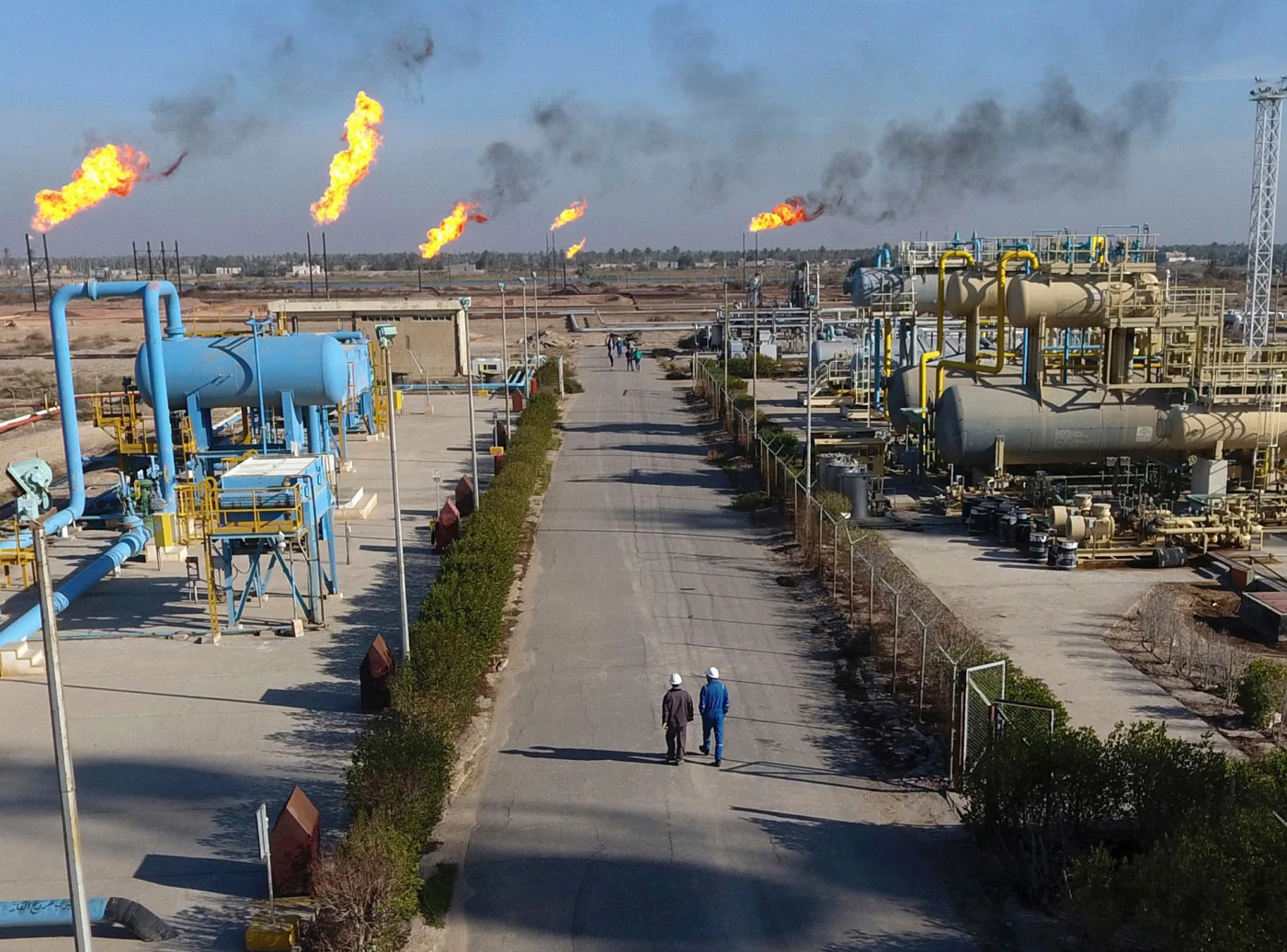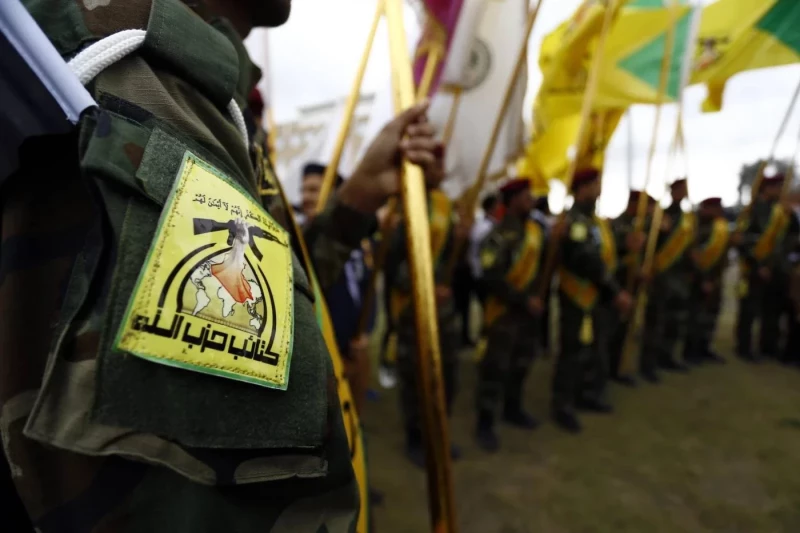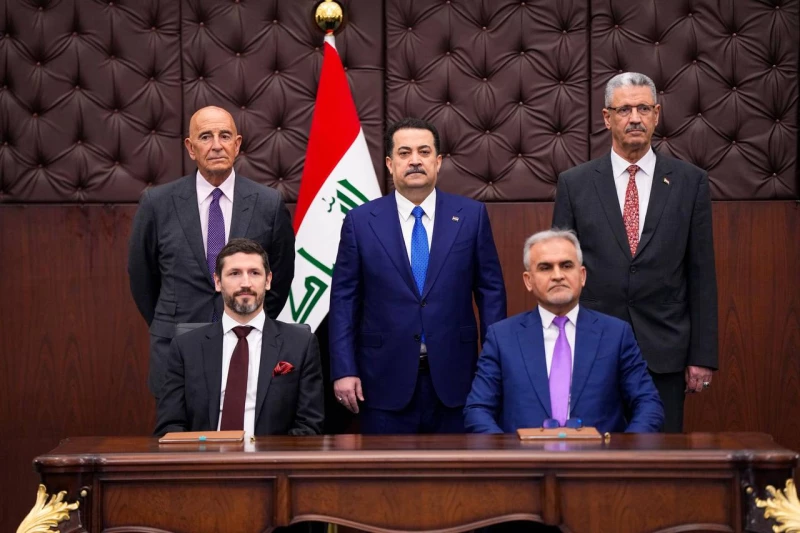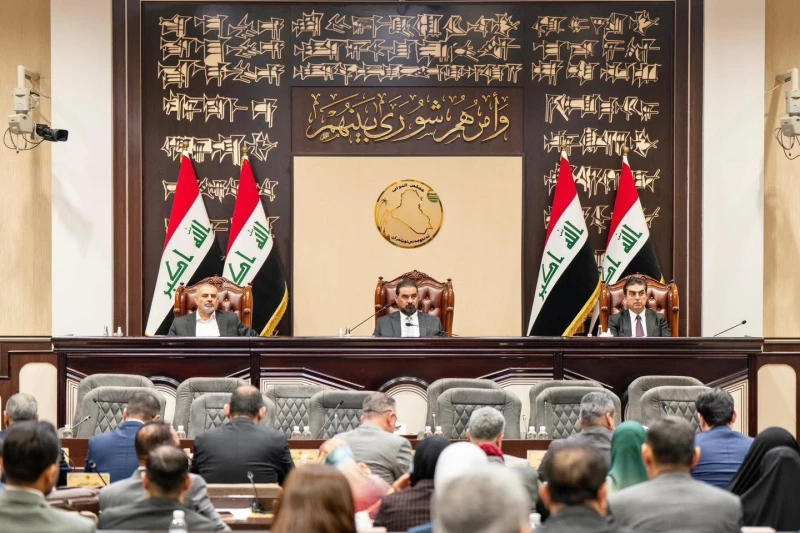ERBIL, Kurdistan Region of Iraq - The resumption of the Kurdistan Region’s oil exports appears imminent, around 20 months after they were first halted, as authorities in Erbil and Baghdad say they have reached an agreement on amending related Articles in the federal budget; amendments which are also accepted by the international oil companies (IOCs).
Exports of the Kurdistan Region’s oil through the Turkish Ceyhan pipeline were halted in March 2023 after Ankara lost a case against Baghdad in a Paris-based arbitration court. The case accused Ankara of breaching a 1973 agreement by allowing the Kurdistan Regional Government (KRG) to start selling oil independent of Baghdad.
Kurdistan Region Prime Minister Masrour Barzani and Iraqi Prime Minister Mohammed Shia’ al-Sudani reached an agreement in April 2023 to resume the exports, but the process has been hampered since, initially due to Ankara stating that the pipeline was in need of repairs after a devastating earthquake months earlier, and later due to the inability of both governments to reach an agreement with the IOCs.
Kamal Mohammed, the KRG’s acting electricity and natural resources minister, said he expects Kurdish oil exports to resume by early 2025, stating that Erbil and Baghdad have reached an agreement to set the average extraction cost of a barrel of oil at $20.6.
“In January, in a meeting attended by Iraq’s oil minister, planning minister, and finance minister an agreement was reached to set the extraction cost of Kurdistan Region’s oil at an average rate of $20.6, and we have the signatures of three of their [Baghdad’s] signatures alongside ours,” Mohammed told The New Region on Sunday.
Article 12 of the Iraqi federal budget law sets the cost of extracting a barrel of oil at $6.
The KRG minister said that the amendment has already been approved by the Iraqi Council of Ministers but it needs to be passed in the parliament before the exports can resume.
Once the amendments are passed in the parliament, a technical and “unbiased” consultant company will be assigned to assess the extraction cost, according to Mohammed who predicted it would be around $16 to $20.
The $16 would be paid to the IOCs in the first phase, while the full cost would be paid later, according to the minister.
Myles B. Caggins III, spokesperson the Association of the Petroleum Industry of Kurdistan (APIKUR), said the amendments satisfy their demands.
“The APIKUR member companies believe that the Article 12 of the budget amendment satisfies our fiscal terms and we are comfortable going forward with that law,” Caggins told The New Region on Monday.
“The APIKUR member companies are seeking further discussions with KRG and government of Iraq officials to have formal written agreements that would implement the provisions of the budget law,” said the spokesperson, adding that such an agreement is “necessary” for the IOCs before they start exporting oil through the pipeline.
Caggins stressed that they are also seeking “surety of past and future payments” adding that APIKUR member companies need a clear understanding and insurance that they will be paid back what they are owed for their work prior to the halt of oil exports in March 2023.
The KRG natural resources minister said that the halt in oil exports have cost Iraq and the Kurdistan Region around $20 billion.



 Facebook
Facebook
 LinkedIn
LinkedIn
 Telegram
Telegram
 X
X


